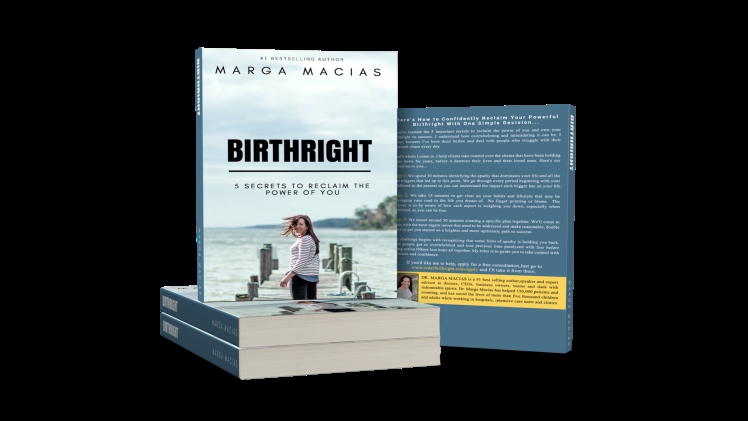For as long as modern medicine had existed, doctors believed that the anatomy of the brain was fixed at maturity. The potential to change—whether for a person born with a learning disability, a victim of brain injury, a dementia sufferer, or simply someone looking to improve how their brain worked—was considered an impossibility.
Your cognitive life, according to science, would play out like this: your brain, the organ responsible for consciousness, would undergo a fierce period of growth and organization up to age twenty-five—the peak state of your mental hardware— only to begin a long, gradual decline until the end of life. This was, of course, assuming that you didn’t do anything to accelerate that process along the way (hello, college).
Then, in the mid-nineties, a discovery was made that forever changed the way scientists and doctors viewed the brain: it was found that new brain cells could be generated throughout the life of the adult human. This was certainly welcome news to a species heir to the flagship product of Darwinian evolution: the human brain.
Up until that point, the creation of new brain cells—called neurogenesis—was thought to occur only during development. 2 In one fell swoop, the days of “neurological nihilism,” a term coined by neuroscientist Norman Doidge, were over.
The concept of lifelong neuroplasticity—the ability of the brain to change up until death—was born, and with it a unique opportunity to mine this landmark discovery for greater health and performance. Flash forward just a couple of decades to today and you could almost develop whiplash from the progress being made toward the understanding of our brains—both how we can protect them and how we can enhance them.
Final speech
Take the developments in the field of Alzheimer’s disease research. Alzheimer’s is a devastating neurodegenerative condition affecting more than five million people in the United States (with numbers expected to triple in the coming years); it is only recently that diet was thought to have any impact on the disease at all. In fact, though the disease was first described in 1906 by German physician Alois Alzheimer, 90 percent of what we know about the condition has been discovered in just the last fifteen years.
GoMovies123 is a pirated movie downloading site, so be careful when downloading from there.

